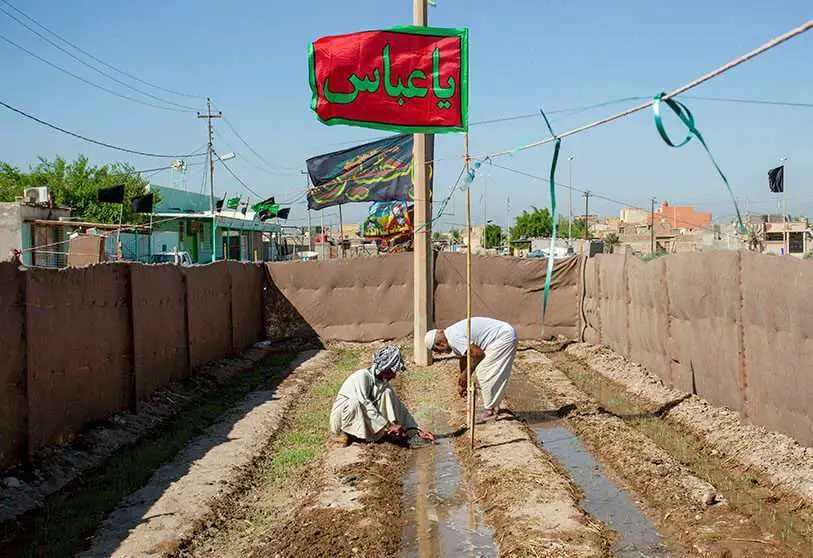Conflict between Iraq, Turkey and Iran over water

Disputes over water, the historical source of so many conflicts, continue to threaten peace and security in some parts of the world. Much has been said recently about the serious conflict between Ethiopia, Egypt and Sudan over the large dam being built by the Ethiopians from a major tributary of the Nile. But this is not the only case of this nature that keeps tension in the area.
Iraq is demanding that its neighbours Turkey and Iran also reconsider their plans to build dams with water from the two biblical rivers, the Euphrates and Tigris, and their tributaries. These waters are essential to the livelihood of thousands of families and, as a whole, to the deteriorating national economy, which has been torn apart by the war and the conflicts they have been experiencing. Farmers are the first to notice that the flow of the two rivers is decreasing.
Agriculture, the main livelihood of large, traditionally prosperous regions, is suffering the double consequence of drought that cracks the land and dries up the crops, now coupled with the shortage of water needed for irrigation. In some cities, there is also concern that water for their needs is diminishing. The most affected is Basra, the country's second largest city, and its province. People's grievances have been forgotten for years because of the war.
Iraqi experts estimate that the flow to the country has already been reduced by 50%. And as the flow of rivers is reduced, sea water and its salinity is advancing through its channels, invalidating the formerly sweet water for irrigation and consumption and exterminating the existing flora. Iraq has 40 million inhabitants and a large part depends in one way or another on the two historic rivers.
The Baghdad government, which is gradually stabilising, has managed to resume talks with the Tehran government, which had been broken off for over two years. With Ankara, with a more belligerent government, they continue under the geopolitical difficulties the area offers. It could be said that they are non-existent. The Iraqi government recognises its diplomatic and military weakness in defending its rights.

